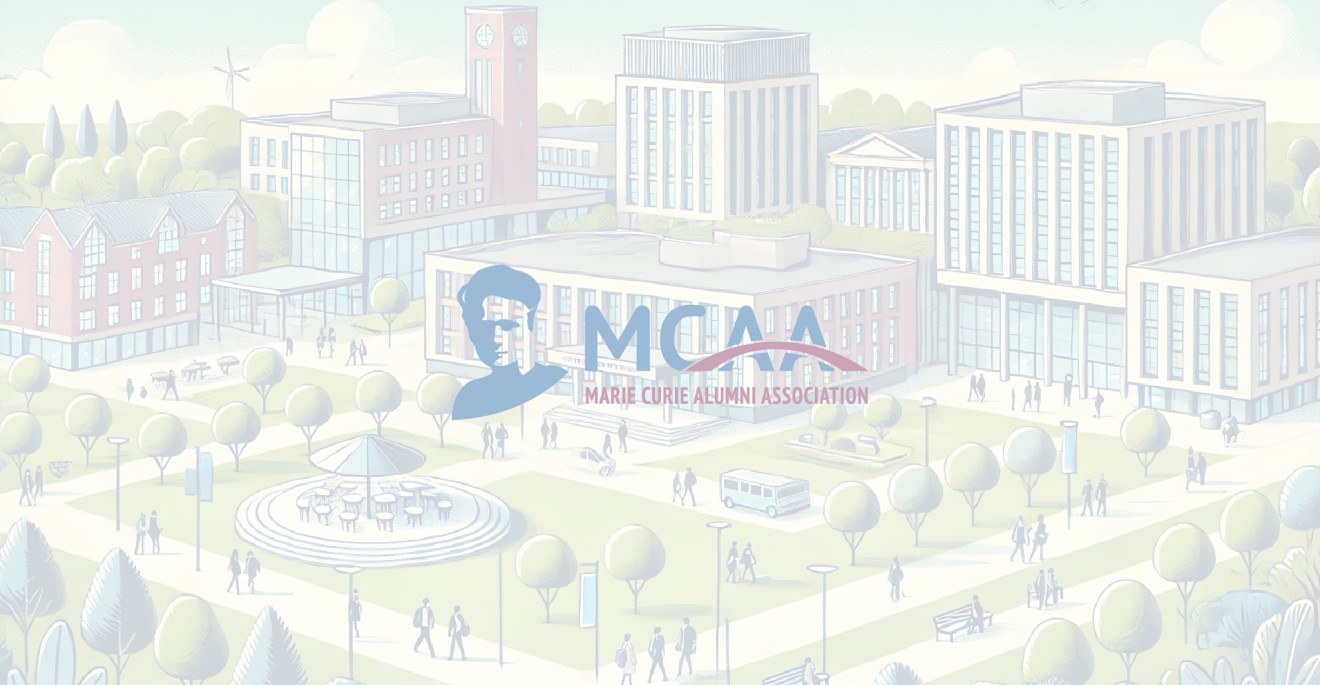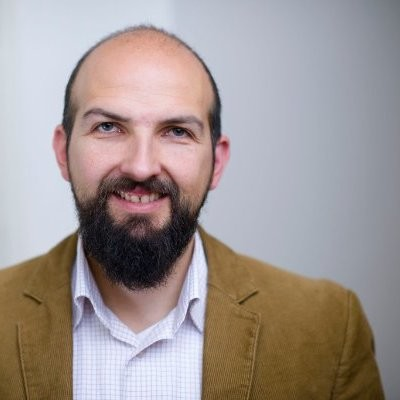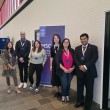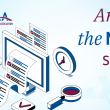Enhancing researchers’ wellbeing

Gábor Kismihók is the Chair of the ReMO COST Action network "Researcher Mental Health". He tells us what the network is doing to improve researchers’ mental health within academia.

With important workloads, difficulties to maintain a balance between professional and personal life, temporary contracts, researchers face numerous challenges. And their mental health can suffer from this situation.
Researchers impacted by mental health issues
For Gábor, mental health issues are frequent among researchers. “Oftentimes the research environment is not designed to take care of the wellbeing of the researchers. This can be fuelled by a number of factors like poor communication among team members or insufficient supervision,” he explains.
According to the results of a survey conducted in the United Kingdom (between April 2018 and November 2019), which was published on 9 December 2021 in Humanities & Social Sciences Communications journal, 71 % of PhD students and 62 % of working professionals had experienced signs of depression. What’s more 74 % of PhD students and 62% of working professionals reported some level of anxiety.
Reinventing the academic working environment
To tackle mental health issues among researchers, the European Cooperation in Science in Science and Technology (COST) programme is funding the ReMO COST Action CA19117: Researcher Mental Health with the support of the Horizon 2020 Programme. Gábor is currently chairing the network.
This initiative focuses on the causes of workplace wellbeing and mental health to be refined with contextual specifics in order to develop tailored, effective, and efficient prevention and action programmes.
Among different initiatives already taken by the network, a Manifesto has been published in October 2021 calling all stakeholders part of the research ‘ecosystem’ to engage in developing policies aiming to monitor, improve, and maintain wellbeing and mental health in the research environment.
Gábor adds that the ReMO COST Action contributes to diverse initiatives, such as the OSCAR project, which focuses on teaching mental wellbeing and career development skills of researchers with the help of Artificial Intelligence. “We have also been contributing to the development of new training for sustainable research careers via the OEduverse consortium, including topics in open science, mental health and communication skills,” he explains.
Gábor is not the only MCAA member active within this network. Stéphanie Gauttier is the Vice-Chair of ReMO COST. The core team of the network comprises many other MCAA members including Darragh McCashin, Murat Güneş, Maria Bostenaru Dan, Radenka Krsmanović Whiffen and Brian Cahill. “We want to contribute to the reinvention of the academic working environment,” concludes Gábor.
Gábor Kismihók, in his own words
Since I obtained my summa cum laude PhD in management sciences (information management) in 2012, I have been concentrating my research efforts on the multi-disciplinary area of matching processes between education, the labour market, and individuals.
I am an active member of the Marie Curie Alumni Association and lead the Career Development Working Group.
Interested? Learn more about the ReMO COST Action network


